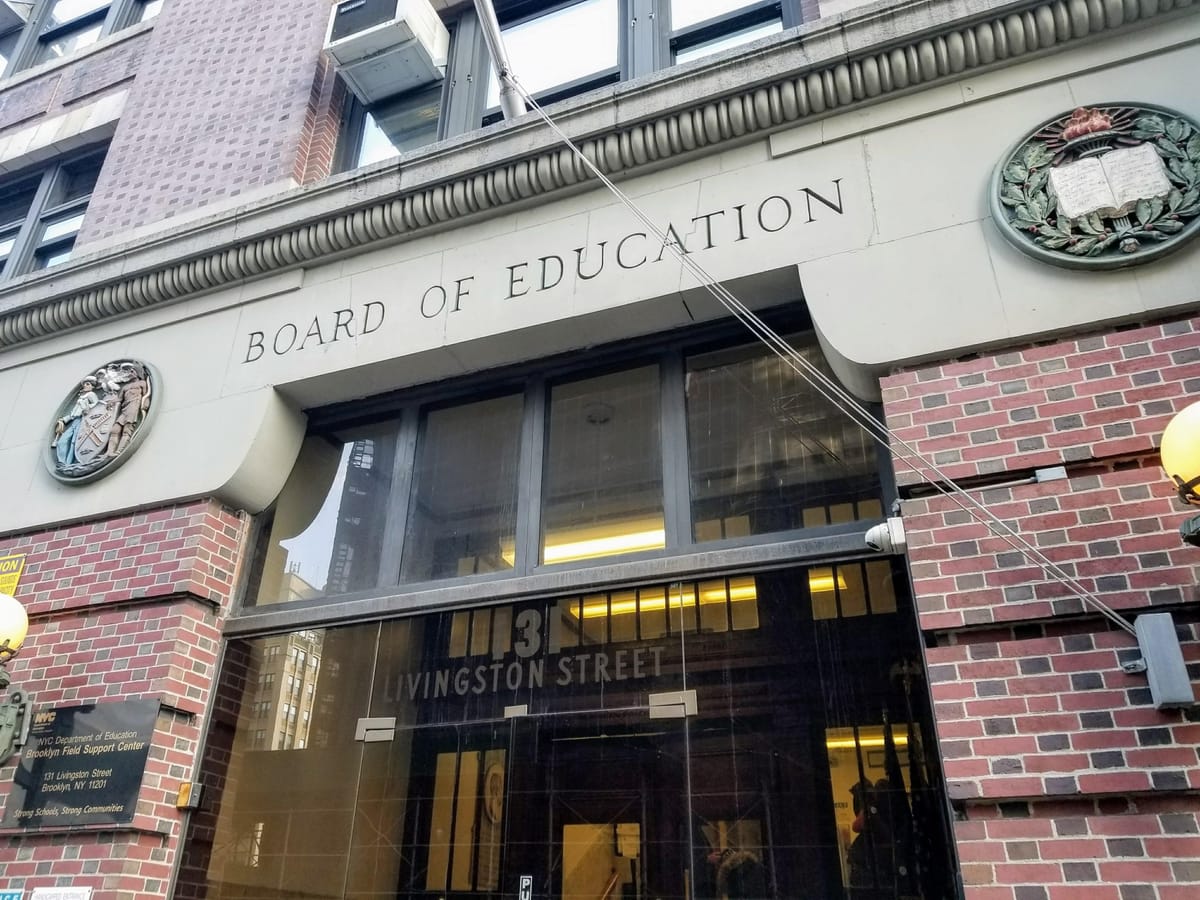Brannan Wants Opioid Education in Schools


CITY HALL – On Tuesday two of Council Member Justin Brannan’s (Bay Ridge, Dyker Heights, Bath Beach, Bensonhurst) bills asking that school children be educated about dangers of opioids were heard in a joint hearing held by the Committees on General Welfare and Mental Health, Disabilities and Addiction.
Currently, New York City’s public schools are not required to teach about the dangers of opioids – something Brannan finds troubling.
“When I was a kid, we were taught about the dangers of the drugs that were wreaking havoc in our city such as crack cocaine,” Councilman Brannan said. “Now that we have another crisis on our hands, why aren’t we teaching kids about how dangerous these drugs are? We should also be teaching kids how to spot warning signs in their peers so they can help those who have become addicted.”
One of the bills asks the New York City Department of Education to include drug awareness education concerning opioids in the city’s middle and high school curriculums, the other is a Local Law requiring the New York City Department of Youth and Community Development to produce educational materials on drugs and opiates for NYC schools, that would be given to all students at the beginning of each school year.
“The earlier we educate young people about the science of addiction and the consequences of their actions the better our chances are for preventing them from making bad choices, ” said Brooklyn District Attorney Eric Gonzalez. “Education is a critical component of our fight against the opioid epidemic and I thank Council Member Brannan for taking the lead on this issue. We know that students make better decisions when they are informed, we’ve seen smoking rates plummet in recent years. Now it is time for schools to address addiction, starting with prescription drugs, which are so often a pathway to addiction.”
Mike Buckley who is the Director of Operations at The Resource Training Center, a leading outpatient chemical dependency program in Brooklyn was happy to see the bills introduced. “In my history working in the chemical dependency field, many schools and administrations feared that addressing drugs suggested there was a drug problem in the school. The issue with that was that it left students learning about drugs primarily from friends and other individuals that would steer them toward using rather than away. The drugs have been there. Not talking about them just allows the problem to spread.”




